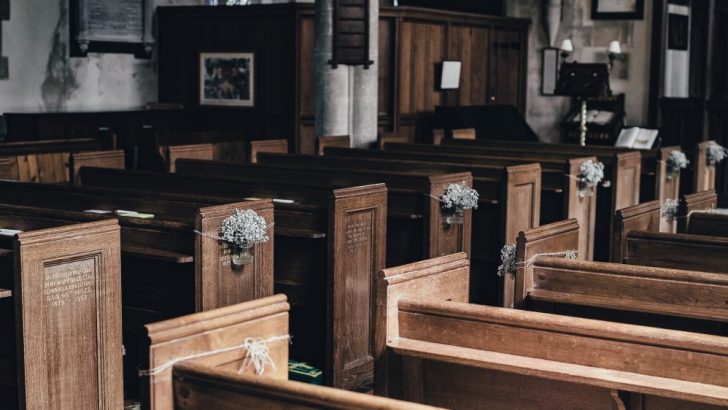EXCLUSIVE
Dublin diocese looks set to divert funds previously reserved for future priestly training to pay lay pastoral parish workers instead.
It is believed this initiative comes straight from Archbishop Diarmuid Martin and is to be debated this week by the Dublin priests’ council.
The move comes as the shortage of trainee priests continues and the worry among pastoral workers that funding for their jobs might dry up.
Dublin projects that there will be just 111 priests serving the 199 parishes by the year 2030.
Under the plan, money raised in future on Vocations Sunday would be used for the first time to cover the salaries of the 32 lay pastoral workers spread across the diocese.
Apprenticeships
Meanwhile a former professor at Maynooth said the Church should consider abandoning the national seminary in favour of parish-based apprenticeships for seminarians in Dublin.
Fr Oliver Rafferty SJ – now based in Boston College – told The Irish Catholic “it’s clear that the bishops want to move away from the old idea of seminary formation, and once they do that, if that is what they have decided, then obviously the consequence that flows from that is abandoning Maynooth as a seminary,” he said. (See page 3.)
Fr John Gilligan – Chairman of the Council of Priests – told The Irish Catholic that the issue of funding is now critical since money put in place in 2007 for the pastoral workers is now coming to an end.
Describing the pastoral workers as “invaluable”, Fr Gilligan said “one of the possibilities is that – as we’ve only three seminarians at the moment, two in Rome and one here – we have enough funding for them for the next number of years, so we could put some of the money from Good Shepherd Sunday towards pastoral ministry in the diocese, which would help fund parish pastoral ministers,” he continued, adding that the priests’ council would be discussing the idea in a meeting this week.
Redemptorist Fr Gerry O’Connor, a member of the Association of Catholic Priests leadership team and former Dublin parish priest, said it can often be hard for parishioners to understand how full-time pastoral workers need to be paid.
Easter dues
“Sometimes it’s very difficult for lay people to get their heads around it because they’re used to the model of a priest, and know that a priest has to be paid for in terms of collections and in terms of Christmas and Easter dues, but they don’t have the same sense of responsibility for a lay person,” he said.
Claiming the Church is facing “a crisis of human resources,” he said many clergy are elderly, tired, and demoralised.
Dr Fáinche Ryan, Director of Trinity’s Loyola Institute, told this newspaper that such workers are essential for the Church, but need to be “used correctly”.
“I think the idea of properly-funding people to work in parishes has to be the way forward,” she said.
“The people have to be properly formed and trained, it’s very important that they be theologically literate, and they very importantly have to be paid correctly and given proper job conditions.”
Experience
Insisting that pastoral workers should not be treated simply as parish administrators, she said “parish pastoral workers in my experience are normally very well-trained, very well-formed theologically, and they need to be given the opportunity to use that theological training to actually impact on what’s happening in parishes and in dioceses,” she said.


 Greg Daly
Greg Daly
